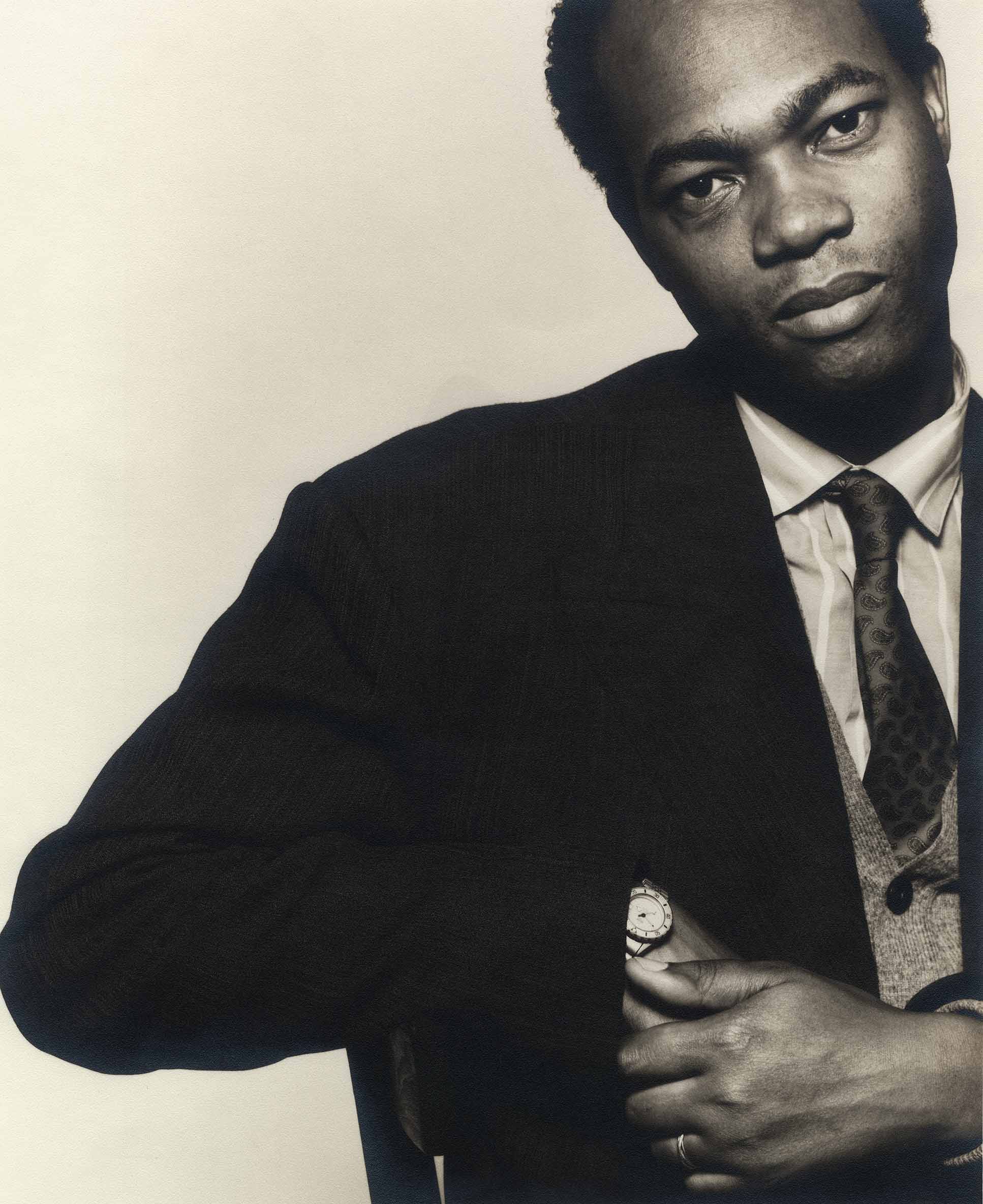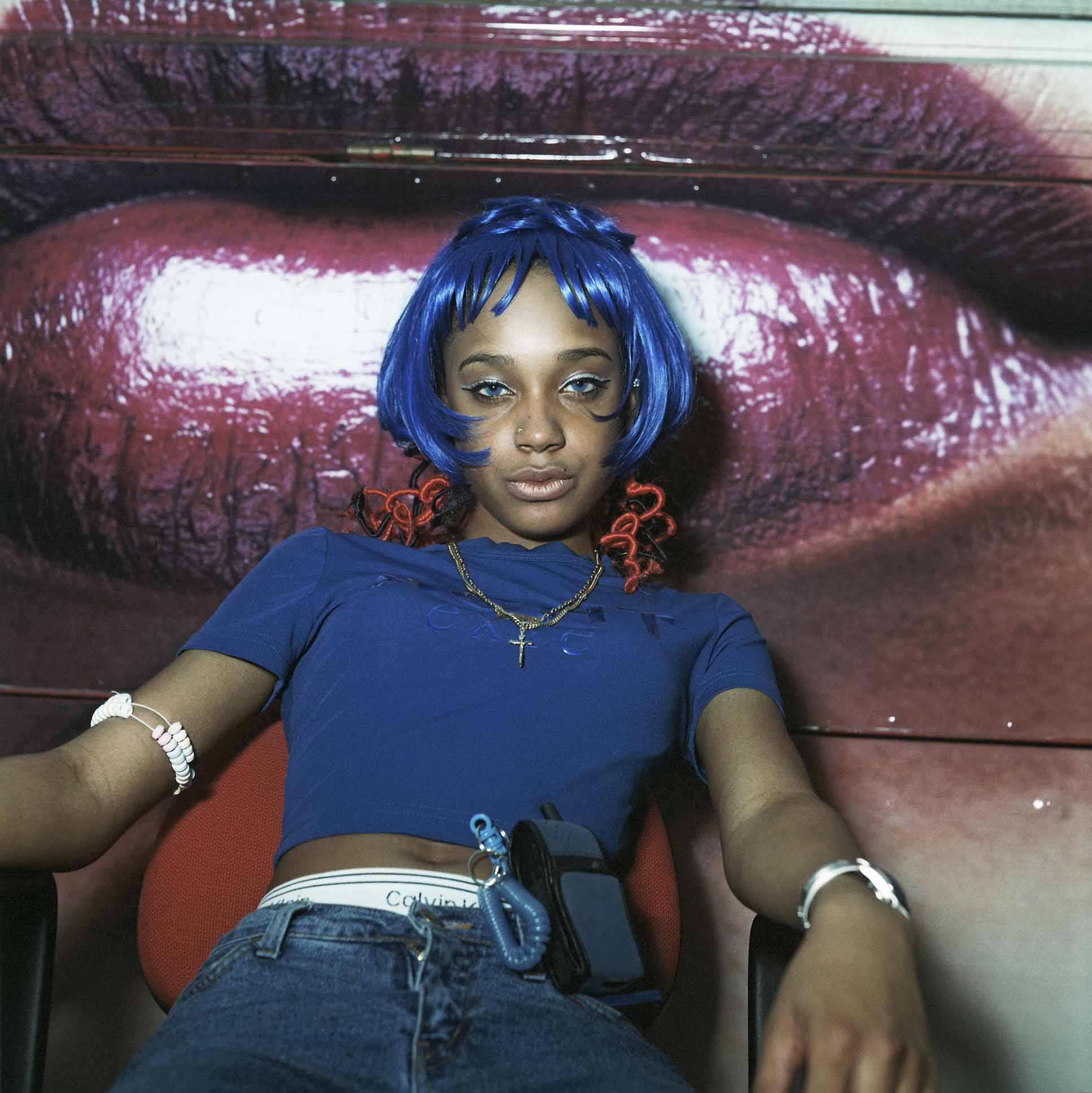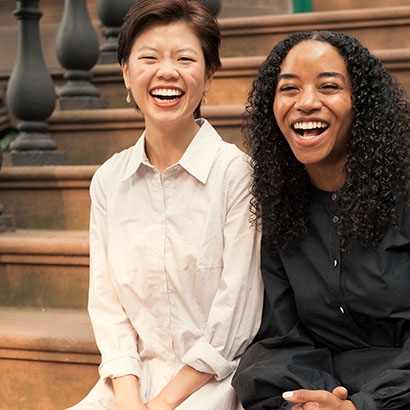The Missing Thread exhibition, presented by Somerset House in London and sponsored by Morgan Stanley, brings to light a generation of designers who had previously been overlooked.
In traditional overviews of British fashion history, the impact of Black British fashion designers has largely been overlooked. This new exhibition, supported by Morgan Stanley as part of our efforts to demonstrate that a more inclusive tomorrow starts today, aims to set the record straight.
The Missing Thread: Untold Stories of Black British Fashion re-examines the last 50 years of British fashion by highlighting the successes and influence of Black designers. Black fashion during this era is a testament to “brilliance in the face of adversity,” says curator Andrew Ibi. The exhibition is part of Morgan Stanley’s ongoing partnership with Somerset House that celebrates innovative ideas and diverse perspectives.
Curated by BOLD (Black Orientated Legacy Development Agency, led by Harris Elliott, Andrew Ibi, and Jason Jules), The Missing Thread reveals the impact of an influential network of Black creatives. This intergenerational exhibition—featuring works by the late Joe Casely-Hayford OBE, one of Britain’s most innovative and significant twentieth-century designers, as well as commissions by recent luminaries Nicholas Daley, Bianca Saunders, Martine Rose and Saul Nash—situates Black fashion within broader socio-political and cultural contexts. It also explores Black fashion’s influence on photography, music, art and design.
Morgan Stanley is proud to support The Missing Thread, which represents an important step on the journey to inclusivity for Black creatives in British culture.

The Evolution of Black British Fashion
The exhibition is organized into five sections: Home, Tailoring, Performance, Nightlife and Joe Casely-Hayford.
Home explores the domestic sphere as a place of comfort and experimentation for a generation of Black British artists and designers who encountered racism daily. In addition to creating art, they were also crafting new identities that combined aspects of their parents’ heritage with international style.
Tailoring examines the ways that this craft helped shape these new, often aspirational, identities. Clothing became a kind of metaphorical armor Black Britons used to both express themselves and protect themselves from racism.
Performance surveys the ways people claimed their Black Britishness, whether onstage, on an Olympic track or in daily life. Mindful of being watched and judged, Black Britons perfected styles and attitudes that suggested resistance and rebellion. These choices—in clothing and music—also influenced popular culture in powerful ways that reverberate to this day.
Nightlife reveals how clubs and other music spaces offered Black Britons opportunities for escape as well as community building, allowing people to freely express themselves and meet other Black creatives. New subcultures emerged and creative collaborations formed at the intersection of fashion and the country’s reggae, punk, hip hop and dancehall scenes.
According to exhibition curator Jason Jules, “The work of Joe Casely-Hayford reflects all the elements of the Black British journey explored through The Missing Thread.” Drawn from the designer’s estate, the presentation features items from his archive never before seen by the public. A revolutionary designer, who rose to prominence in the mid-1980s and died in 2019, Casely-Hayford never became a household name in Britain but he nevertheless influenced generations of Black designers and had an indelible mark on pop culture. His clients included Lou Reed, Liam Gallagher and members of The Clash, and he provided the stage wardrobe for U2’s Achtung Baby tour in the early 1990s. And his legacy lives on. Andrew Ibi worked in his studio and eventually mentored Bianca Saunders, a designer of one of the commissions in the show who now has an award-winning menswear label.

Elevating Overlooked Designers
The Missing Thread also emphasizes the stories of designers who identified as Black women and Black gay men and whose accomplishments were obscured by the focus on a singular aesthetic around Black masculinity in the 1980s and ‘90s.
The quest for the authentic representation of underrecognized experiences resonates with Boye Odukunle, an Associate in Morgan Stanley’s Fixed Income Division who trained as an art guide for the exhibition. “I grew up in Nigeria close to Badagry, which is one of several slave-trading outposts on the West African coast. As a child, I visited the local museum and became fascinated with the Atlantic passage, and more recently with the impact of those passengers on modern society. The Missing Thread is an exhibition I feel particularly interested in, as it charts the modern history of this journey through fashion as well as music, photography, art and design.”
Main image: Saul Nash AW23 ‘Ritual’ BTSShot by Ollie Trenchard
The Morgan Stanley Exhibition: The Missing Thread - Untold Stories of Black British Fashion is on view at Somerset House from September 21, 2023, through January 7, 2024.



